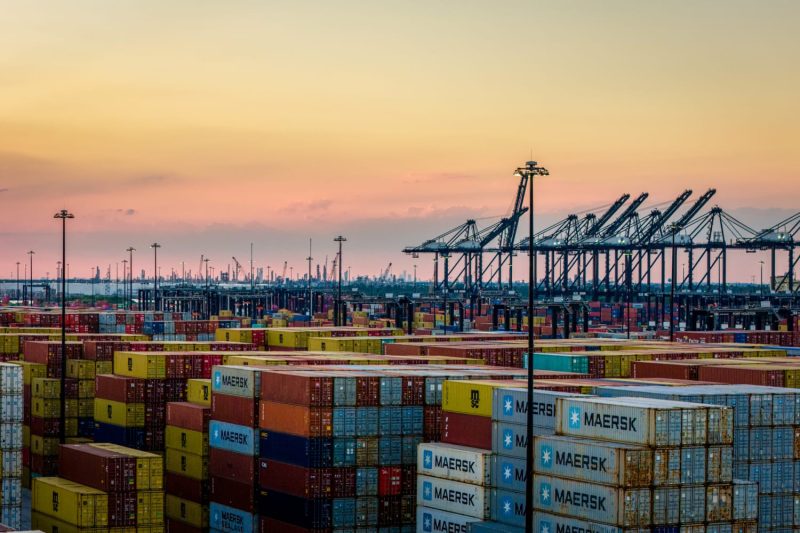The recent reports of a major maritime strike potentially threatening ports across the East Coast have sent shockwaves through the shipping industry and raised concerns about potential disruptions to global supply chains. The strike, led by a coalition of maritime workers’ unions, comes as a response to stalled contract negotiations and deep-rooted grievances over salary levels, working conditions, and job security.
At the heart of the dispute is the issue of fair wages and benefits for maritime workers who play a vital role in ensuring the smooth operation of ports and the efficient movement of goods. The unions argue that their members deserve better compensation for their labor, especially considering the demanding nature of their work and the essential services they provide.
Moreover, concerns have been raised about the impact of automation and technological advancements on job security within the maritime industry. As ports increasingly turn to automated solutions to improve efficiency and reduce costs, many workers fear that their livelihoods may be at risk. The unions are calling for guarantees that any technological advancements will not come at the expense of jobs and that workers will be retrained and accommodated as the industry evolves.
The potential strike has drawn attention from various stakeholders, including port authorities, shipping companies, and government officials, all of whom are keen to avoid the economic repercussions of a prolonged disruption to port operations. Ports along the East Coast are major hubs for international trade, and any disruption could have far-reaching consequences for supply chains, leading to delays in deliveries, increased costs, and potential shortages of goods.
Efforts are being made to avert the strike through continued negotiations between the unions and management, with mediators brought in to facilitate discussions and find a resolution that is acceptable to all parties. Both sides recognize the importance of reaching a compromise that addresses the concerns of workers while ensuring the smooth operation of ports and the continuity of supply chains.
In conclusion, the looming maritime strike serves as a stark reminder of the crucial role that maritime workers play in the global economy and the need for fair wages, job security, and adequate protections for workers in the face of technological advancements. As negotiations continue, stakeholders must work together to find common ground and prevent the potentially devastating impact of a port shutdown on businesses, consumers, and the economy as a whole.
